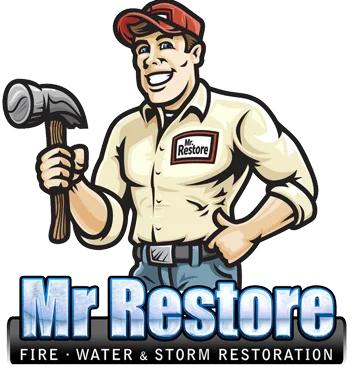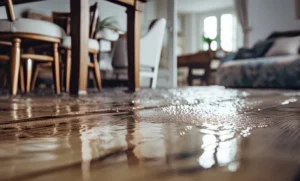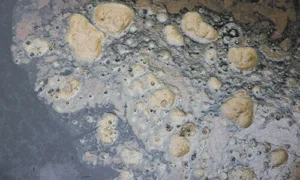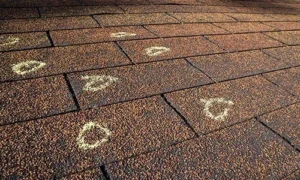Taking care of a house means checking for water damage often. In Irving, Texas, there are certain times of the year when it’s best to look for water problems. This guide will help you know when to check and what to look for to keep your house safe.
1. After Big Rainstorms
Big rainstorms can show where your house might have leaks. Right after a heavy rain, look for water spots in the attic, on the ceilings, and near windows and doors. Also, check the basement or crawl spaces for any signs of water. Rain can make hidden problems show up, so this is a good time to check.
2. During Spring
Spring is a great time to look for water damage. Snow melts and rain falls more often, which can cause leaks. Check your roof for broken or missing shingles. Clean out the gutters and downspouts. Look for water spots around the foundation. This is also a good time to check the pipes and appliances for any leaks that might have happened during the winter.
3. Before Hurricane Season
Irving can be affected by hurricanes and big storms. Getting your house ready before hurricane season, which is from June to November, can help stop water damage. Check the roof, windows, and doors for any cracks or holes. Make sure the gutters and downspouts are clean and working well. Seal up any cracks in the foundation and around windows to keep water out.
4. After a Long Dry Period
Long dry spells can make the ground around your house move, which can cause cracks in the foundation. After a dry period, look at the foundation for new or bigger cracks. Also, check inside for any signs of water damage. Pay attention to places where the dirt meets the foundation because these spots can let water in when it starts to rain again.
5. In the Fall
Fall is another important time to check for water damage. Leaves can clog the gutters and downspouts, causing water to spill over and damage the roof and siding. Clean out the gutters and check the roof for any problems. Also, look in the attic and basement for signs of water damage and get your house ready for winter.
6. During Plumbing Checks
Regular plumbing checks are important to prevent water damage. Have a plumber look at your pipes once a year to check for leaks, rust, and other issues. Pay special attention to water heaters, washing machines, and dishwashers, as these can often cause water damage. Replacing old or worn-out parts can stop leaks before they start.
7. After Temperature Changes
Big temperature changes can make pipes expand and contract, which can cause leaks. After a period of big temperature changes, check the pipes for any damage. Look under sinks, around toilets, and near appliances for leaks or dampness.
8. Monthly Checks
In addition to seasonal checks, it’s good to do monthly checks for water damage. Look in places that can get wet, like under sinks, around appliances, and in basements and crawl spaces. Check for leaks, mold, and mildew, and fix any problems right away.
Tips for Checking Water Damage
1. Use a Moisture Meter
A moisture meter can help find hidden water in walls, floors, and ceilings. Using this tool during checks can help you find problems before they get big.
2. Write Down What You Find
Keep a notebook of your checks, including dates and any problems you find. Writing down what you see can help you track changes and be useful if you need to make an insurance claim.
3. Get Professional Help
While it’s good to do your own checks, getting a professional to inspect your house can help find hidden problems. Experts have tools and knowledge to see issues that you might miss.
4. Fix Problems Quickly
If you find water damage, fix it right away. Waiting can make the problem worse and cost more to repair. Fix leaks, replace damaged things, and take steps to stop future issues.
Summary
Checking for water damage is key to keeping your house in good shape. In Irving, there are best times to do these checks. After heavy rain, during seasonal changes, and after extreme weather, you should look for signs of water damage. Monthly checks and getting professional help can also keep your house safe. By following these tips, you can protect your house from water damage and avoid costly repairs.






